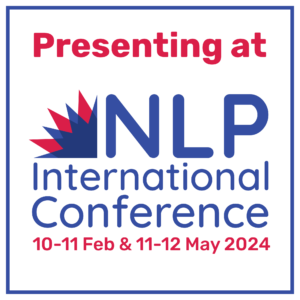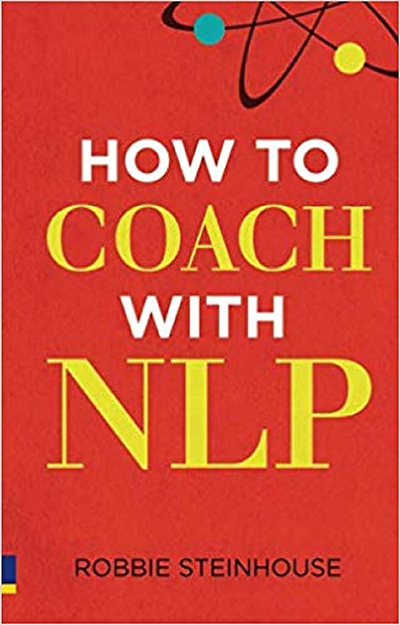5 Key Lessons from Stoicism

The lessons of Stoicism first resonated with me when I read Meditations. I was looking for direction in my life, and found it in Marcus Aurelius’ timeless text.
Looking around today, I see a landscape similar to how I felt back then. So I wanted to write this blog, to offer some of those lessons to you now, lessons which have helped through my own periods of uncertainty.
Stoicism: a quick overview
There are a handful of famous Roman Stoics, but perhaps the most famous was the Roman Emperor, Marcus Aurelius. He is more popularly known as the wise emperor in the film Gladiator. More historically, he is often attributed with being one of history’s greatest leaders.
The key to overcoming periods of uncertainty, I have found, is to lead yourself through them. For me, Marcus Aurelius, and his lessons in Stoicism embody this process. Here is what I learnt from Marcus Aurelius about overcoming uncertainty. Lessons that I hope you will find helpful too.
1. Focus on what you can do
“Don’t you see how much you have to offer – beyond excuses like can’t?” Aurelius writes to himself.
I find this is an interesting reflection because, throughout Meditations, Aurelius judges himself for not having lived a better life. He compares himself to his father and brothers, who were successful politicians and statesmen at the time. Yet he appears to place no worth on writing Meditations, a text that helps many live better lives to this day. Instead, he focuses on all his shortcomings.
I can relate to this, though on a much smaller scale.
I have often judged my own actions too harshly, tried to control their future outcomes, and been stuck in inactivity as a result. In NLP, this is known as “analysis paralysis” — to not act at all, out of a fear that your actions will not be good enough.
It took me a while to realise that while I could not guarantee the outcomes of my actions, I could influence the quality of my present experience. Over time, this enabled me to live more fully in the present, without judging my actions too harshly or being paralysed by inactivity.
2. “Unwavering adherence to decisions, once he’d reached them”
This, Aurelius says, is what he admired the most in his adoptive father. This is still regarded by some as an essential characteristic of a decision maker, particularly in a leadership role. However, many of us do experience indecisiveness. But sometimes, the real challenge is sticking to decisions once we have made them.
In Brilliant Decision Making, Robbie Steinhouse refers to this as “buyer’s remorse” — it’s when you find yourself troubled “by voices questioning whether [you] did make a good decision after all”.
The solution is to recognise that you are experiencing buyer’s remorse, and to learn to differentiate between this, and a genuine problem with the decision that you have made:
“Remorse is essentially looking back, probably with rose-tinted spectacles, at how things were before the decision […] It does not call for any action, other than a vague wish to undo the whole decision process and float back in time.
Positive awareness of weaknesses in the decision calls for specific changes to be made in how you implement it.” (Robbie Steinhouse, Brilliant Decision Making).
3. Be grateful for your failures
Marcus Aurelius gives thanks that he was “not more talented in rhetoric, poetry or other areas. If I’d felt that I was making better progress, I might never have given them up” — and gone on to write.
This can be a very popular reflection among successful people. The Pulitzer Prize winning author, Elizabeth Strout, for example, was once a lawyer. Reflecting on her career choices in an interview, Strout said: “It’s lucky in a way that I was a bad lawyer, because it gave me less of a choice about what to do”.
This is a familiar approach in NLP, which teaches us to look at the ways in which our language influences our reality. For some, failure is a trigger, followed by a sinking feeling in the stomach. For others, it is an opportunity for new beginnings. But it is by altering our associations with the word “failure”, that we can start to change our relationship with this experience.
4. Find your purpose
“People who labour all their lives but have no purpose are wasting their time — even when hard at work”.
Marcus Aurelius believed that without an overarching reason for your goals, you can spend your life being busy, doing things. But never actually going anywhere.
In some ways I believe this holds similarities with Robert Dilts’ famous Logical Levels model. According to Dilts, the top level at which we experience the world is the level of “purpose”. This means relating your own experience to a wider system. Giving the ability to decide also for what or for whom a particular step has been taken. The theory is that, ultimately, knowing your purpose will help you align your individual actions to your overall vision.
A quote from the NLP book How to Coach With NLP summarises the importance of vision to one’s life well: “Vision without action is a daydream; action without vision is a nightmare, as the Japanese proverb has it”.
5. Learn to help yourself
“When jarred by circumstances, revert at once to yourself”
At numerous points in Meditations, Aurelius advises that, in times of peril or crisis, people turn inwards and learn to support themselves.
Personally, I often have the opposite impulse. When things go wrong, I turn outwards. I call people, surround myself with distractions. Talk to anyone who will listen. But, over time I have learnt that, while there is a time and place for all of this, that time comes later. After I have helped myself.
NLP was crucial in understanding this.
NLP taught me that my states are transitory. Although they are influenced by the outside world, they are, ultimately, happening within me. Therefore, only I can change them, from the inside out.
Conclusion
Perhaps the greatest learning I can take from Stoicism is to see the current crisis as an opportunity to practice these ideas. Stoicism is a bit like a psychological life-jacket – a way of thinking that can change our attitude to major problems. While I am far off the mental fortitude of Marcus Aurelius, these ideas have still helped me navigate more peacefully through life.
About the Author
Sophie Leane is a guest contributor to The NLP School on Medium and the NLP School blog. You can also find her writing on Medium HERE.
Did you like this post?
Then check out our events and courses!
Where to find us
For posts, events, free open days and more, follow NLP School on:
Twitter: @NLPSchool
Facebook: /NLPSchoolLtd
What to read next
Managing Your State During the Corona Virus









